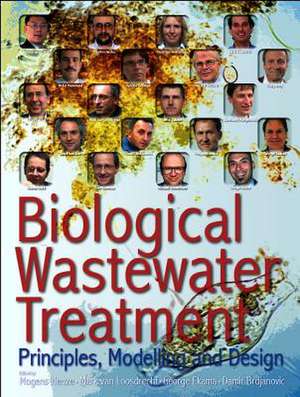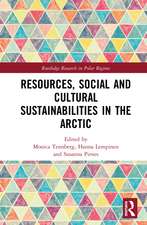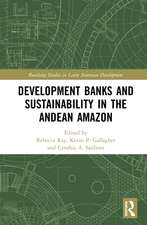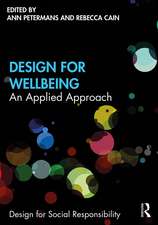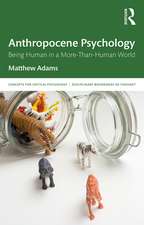Biological Wastewater Treatment: Principles, Modeling, and Design
Autor M. Henzeen Limba Engleză Hardback – sep 2008
Over the past twenty years, the knowledge and understanding of wastewater treatment have advanced extensively and moved away from empirically-based approaches to a first principles approach embracing chemistry, microbiology, physical and bioprocess engineering, and mathematics. Many of these advances have matured to the degree that they have been codified into mathematical models for simulation with computers. For a new generation of young scientists and engineers entering the wastewater treatment profession, the quantity, complexity and diversity of these new developments can be overwhelming, particularly in developing countries where access is not readily available to advanced level tertiary education courses in wastewater treatment.
Biological Wastewater Treatment addresses this deficiency. It assembles and integrates the postgraduate course material of a dozen or so professors from research groups around the world that have made significant contributions to the advances in wastewater treatment. The book forms part of an internet-based curriculum in biological wastewater treatment which also includes:
- Summarized lecture handouts of the topics covered in book
- Filmed lectures by the author professors
- Tutorial exercises for students self-learning
Preț: 863.31 lei
Preț vechi: 1121.18 lei
-23% Nou
Puncte Express: 1295
Preț estimativ în valută:
165.19€ • 172.49$ • 136.41£
165.19€ • 172.49$ • 136.41£
Carte tipărită la comandă
Livrare economică 15-29 aprilie
Preluare comenzi: 021 569.72.76
Specificații
ISBN-13: 9781843391883
ISBN-10: 1843391880
Pagini: 528
Dimensiuni: 285 x 219 x 26 mm
Greutate: 1.44 kg
Editura: Intl Water Assn
Colecția Intl Water Assn
ISBN-10: 1843391880
Pagini: 528
Dimensiuni: 285 x 219 x 26 mm
Greutate: 1.44 kg
Editura: Intl Water Assn
Colecția Intl Water Assn
Descriere
Over the past twenty years, the knowledge and understanding of wastewater treatment have advanced extensively and moved away from empirically-based approaches to a first principles approach embracing chemistry, microbiology, physical and bioprocess engineering, and mathematics.
